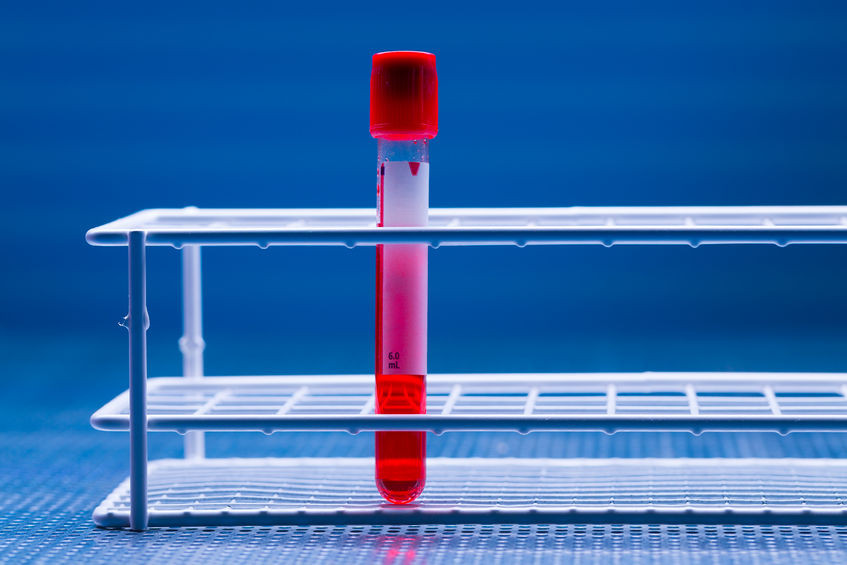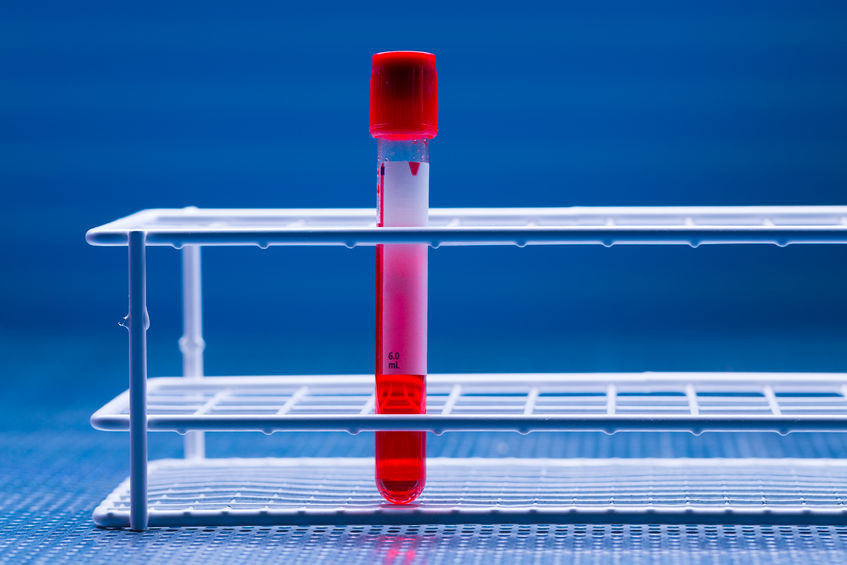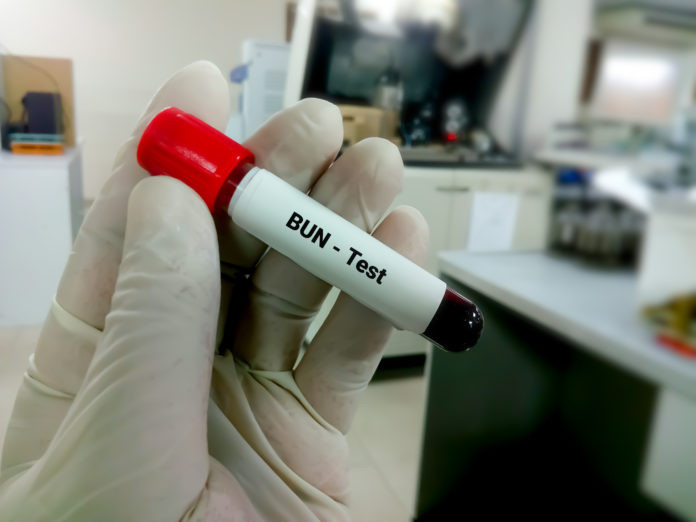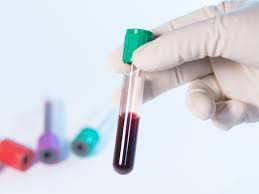Definition
Antibodies, or immunoglobulins, are vital components of the immune system. These proteins, produced by immune cells called plasma cells, help the body defend against foreign agents such as viruses and bacteria.
Cardiolipin antibodies (ACA) are specific antibodies generated by the immune system that may target cardiolipin, a lipid compound located on cell membranes and blood platelets. These antibodies can interfere with blood clotting regulation, though the exact mechanism remains uncertain. Cardiolipin, along with related lipid molecules, plays a crucial role in the coagulation process.
Cardiolipin antibodies, in particular, target cardiolipin and are associated with an increased risk of recurrent blood clot formation in veins and arteries, including those in the legs (deep vein thrombosis) or lungs (pulmonary embolism). Additionally, these antibodies are linked to conditions such as low blood platelets, recurrent miscarriage, premature delivery, and preeclampsia.
IgM is the initial antibody generated when the body encounters foreign substances. Present in blood and lymph fluids, IgM is among the largest natural antibodies, possessing the ability to block specific antigens. IgM antibodies act swiftly to initiate an immune response by neutralizing pathogens directly. Testing for IgM antibodies involves measuring their levels in the blood and is often performed alongside IgG and IgA tests to provide a comprehensive view of immune function and the body's capacity to manage antigens.
Indications
The ACA IgM test is typically performed to:
- Assess the functionality of an individual’s immune system, detect, and monitor any excess or deficiency in cardiolipin antibodies
- Investigate abnormal bleeding or clotting tendencies
- Evaluate a history of recurrent miscarriage (habitual abortion)
This test is also used for patients with autoimmune diseases, such as systemic lupus erythematosus. Additionally, it aids in diagnosing the presence of cardiolipin antibodies in patients or other tissues, a condition referred to as cardiolipin antibody syndrome.
Contraindications
There are no specific contraindications for the IgM cardiolipin antibody test.
Preparation Before the Test
No special preparation is required before undergoing the IgM cardiolipin antibody test. Fasting is not necessary unless it coincides with another test that requires fasting. It is important to inform the physician of any existing medical conditions, as well as regular medications or supplements that could impact the test. Being hydrated and in a calm state may also help.
Test Procedures
The IgM cardiolipin antibody test requires a blood sample. Laboratory staff will clean the skin on your arm with an alcohol swab and then use a sterile syringe to draw a small amount of blood from a vein.
If the blood sample is obtained from a vein, the site will be cleaned with an antiseptic, and a tourniquet will be applied to the arm to enhance blood flow. A needle is then inserted into a blood vessel, usually at the inner arm, elbow, or back of the hand, and the blood is collected into a vial or syringe. Afterward, the tourniquet is removed, and the puncture site is bandaged to prevent bleeding.
The collected blood is then placed in a tube and analyzed in the laboratory using specialized equipment. Results are generally available within a day. Risks associated with the test are minimal, though some individuals may experience mild discomfort, dizziness, or bruising at the puncture site, which typically subsides quickly. The procedure itself is straightforward, usually taking around 10 minutes to complete.
Normal and Abnormal Values
In the IgM cardiolipin antibody test, normal values are indicated by negative results, while abnormal values are shown by positive results.
The specific range for normal test values can vary based on factors such as gender, age, and the testing facility.
For ACA IgM, normal values are defined as <10.0 MPL U/ml, and abnormal or positive values are marked by >40 MPL U/ml. In cases where values fall between 10-40 MPL U/ml, the doctor may suggest further testing.
Results and Recommendations (Further Testing)
The results of the IgM cardiolipin antibody test are not standalone indicators, so physicians often recommend additional antibody tests, such as IgG and IgA, to provide a broader assessment. Elevated anticardiolipin IgM levels may suggest cardiolipin antibody syndrome.
A follow-up test may also be advised to confirm the persistence of antibodies, typically conducted 12 weeks after the initial test. Negative Anticardiolipin IgM results indicate a normal condition.
Consult the Right Doctor
If your cardiolipin IgM antibody test results are abnormal, it is advisable to consult a general practitioner for diagnosis and possible further testing to confirm the findings. An internist may be consulted for more specialized insight, and for pediatric patients, a pediatrician can provide appropriate guidance and therapy.
Want to know information about laboratory, radiology, and other test results? Click here!
- dr. Monica Salim
Cardiolopin Antibody Test. (2021). Retrieved 05 June 2023, from https://www.testing.com/tests/cardiolipin-antibodies/
Anticardiolopin Antibody (ACL). (2022). Retrieved 05 June 2023, from https://www.southtees.nhs.uk/services/pathology/tests/anti-cardiolipin-antibody-acl/
Anticardiolipin Antibody. (2020). Retrieved 05 June 2023, from https://emedicine.medscape.com/article/2084956-overview
Cardiolipin Antibody. (2023). Retrieved 05 June 2023, from https://www.urmc.rochester.edu/encyclopedia/content.aspx?contenttypeid=167&contentid=cardiolipin_antibody











